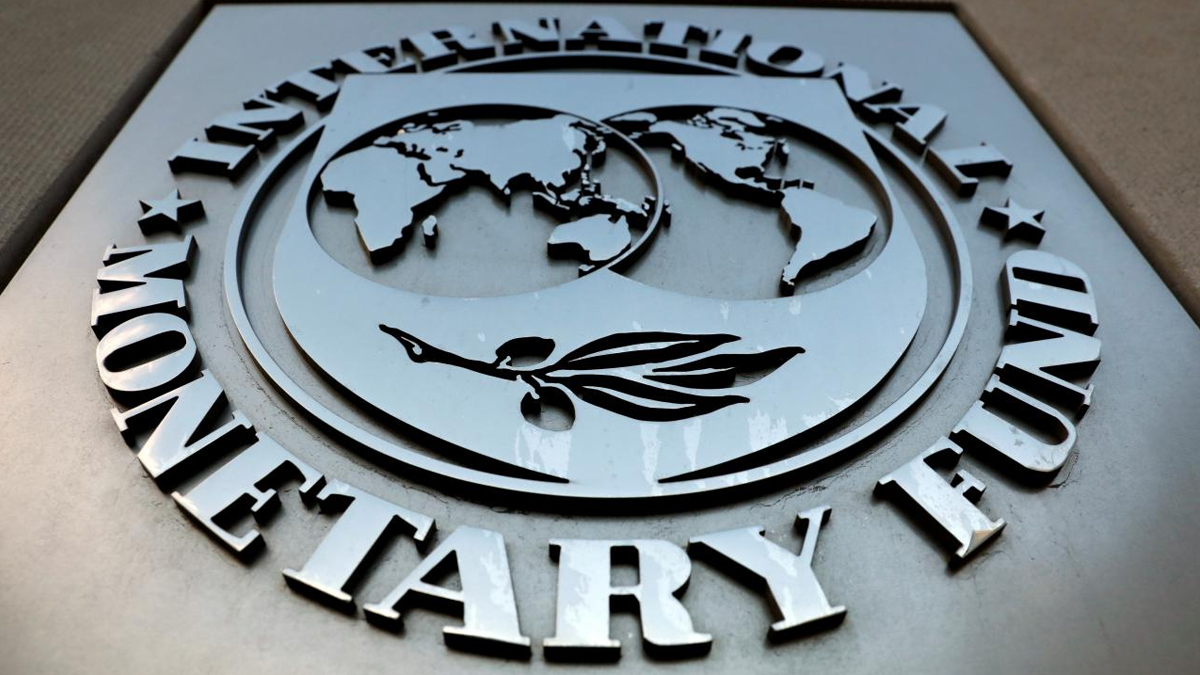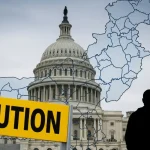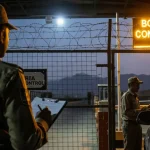
Pakistan & IMF Came To An Agreement
In a major development, Pakistan and the IMF on Tuesday evening came to an agreement on the federal budget for 2022–2023, which allowed for the revival of the extended fund facility (EFF) after the government pledged to raise an additional Rs436 billion in taxes and gradually raise the petroleum levy up to Rs50 per litre.
Meeting Between The IMF Staff Mission
The agreement was achieved at a meeting between the IMF staff mission and the Pakistani economic delegation, which was chaired by Finance Minister Miftah Ismail, over a video link.
Significant Progress Had Been Achieved
Esther Perez Ruiz, the IMF’s resident representative in Pakistan, acknowledged that significant progress had been achieved on the FY23 budget but added: “Discussions between the IMF staff and the authorities on policies to strengthen macroeconomic stability in the coming year continue.”
Read Also | Rupee ends losing streak against US Dollar
Read Also | Late-night earthquake rocks Afghanistan, Pakistan
State Bank Will Finalize The Monetary Targets
Over the following few days, the IMF mission and the State Bank will finalise the monetary targets, and in the interim, they will share the draught of a Memorandum of Economic and Financial Policy (MEFP).
Prior actions that must be taken before the IMF board considers Pakistan’s request for approval and the subsequent disbursement of around $1 billion are included in the MEFP as well.
Budget is Locked In Consultation With IMF
Finance Minister Ismail told journalists, “We have now locked the budget in consultation with the IMF,” adding that all budget-related difficulties had been resolved with the Fund.
The two parties concurred that the IMF should likewise publish a declaration attesting to significant advancements in the fiscal framework. Top government sources claimed that in order to appease the IMF delegation, Pakistan agreed to begin imposing a petroleum development charge on all POL products. This levy will gradually increase by Rs 5 per month to a maximum of Rs 50.
Government Also Decided To Implement Poverty Tax
In a separate retreat, the government also decided to implement a poverty tax of 1% on businesses making up to Rs. 150 million, 2% on those making up to Rs. 200 million, and 3% on those making up to Rs. 250 million, and 4% on those making up to Rs. 300 million. The administration had only imposed a 2 percent poverty tax on people making Rs300 million or more in the initial budget.
The government also agreed to eliminate the block allocation of Rs200 billion that had been set aside for provisions for higher salaries and pensions. Instead, a different allocation for contingencies had been established, but it was only intended to cover calamities like floods and earthquakes, so the money is still sitting there.



